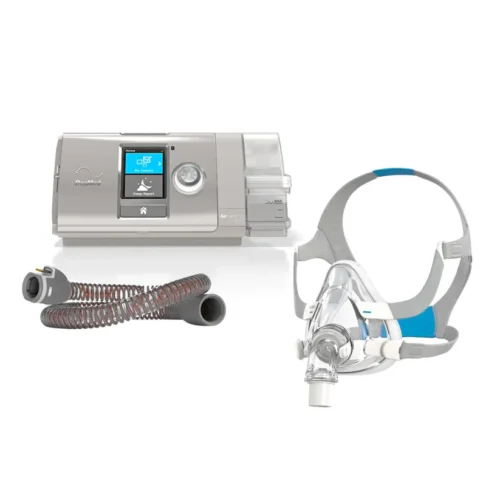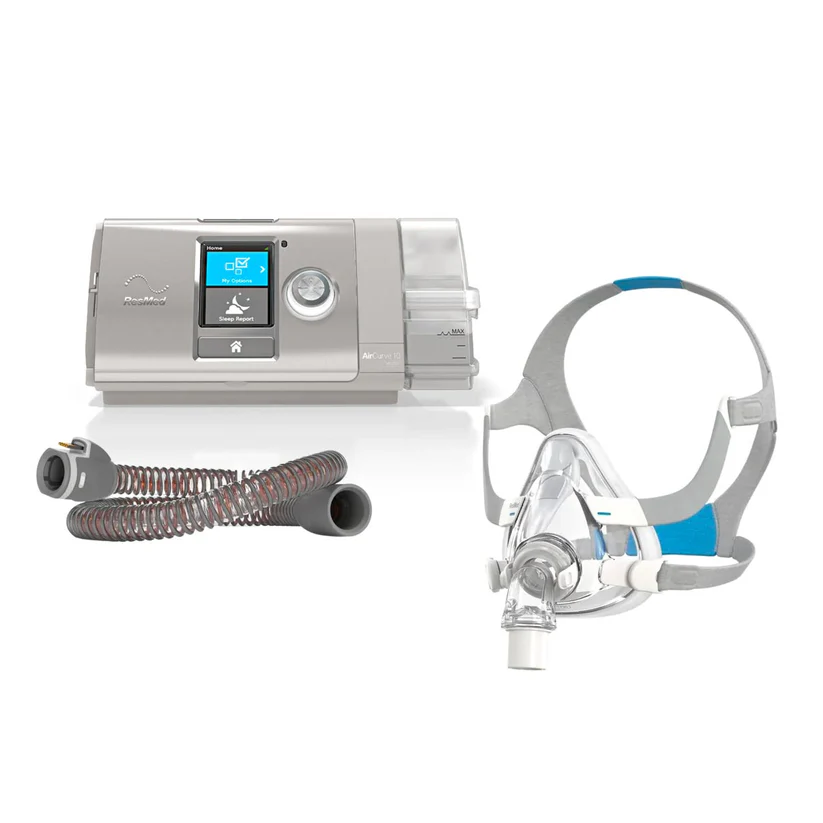Obstructive Sleep Apnea / 28.10.2024
Sleep Apnea- ResMed AirSense™ 10 AutoSet™ Tri-Pack: A Comprehensive Overview
 The ResMed AirSense™ 10 AutoSet™ Tri-Pack is an essential package designed for individuals with sleep apnea who require consistent and effective therapy. This article delves into the key features benefits and frequently asked questions surrounding the ResMed AirSense™ 10 AutoSet™ Tri-Pack offering a guide to help you understand its significance in sleep apnea treatment.
What is the ResMed AirSense™ 10 AutoSet™ Tri-Pack?
The ResMed AirSense™ 10 AutoSet™ Tri-Pack is a bundle that includes three essential items designed to optimize sleep apnea therapy. The package typically consists of the ResMed AirSense™ 10 AutoSet™ device a humidifier and heated tubing all aimed at improving the comfort and effectiveness of your CPAP therapy. The AutoSet feature ensures that the device automatically adjusts pressure levels based on your needs offering personalized treatment.
(more…)
The ResMed AirSense™ 10 AutoSet™ Tri-Pack is an essential package designed for individuals with sleep apnea who require consistent and effective therapy. This article delves into the key features benefits and frequently asked questions surrounding the ResMed AirSense™ 10 AutoSet™ Tri-Pack offering a guide to help you understand its significance in sleep apnea treatment.
What is the ResMed AirSense™ 10 AutoSet™ Tri-Pack?
The ResMed AirSense™ 10 AutoSet™ Tri-Pack is a bundle that includes three essential items designed to optimize sleep apnea therapy. The package typically consists of the ResMed AirSense™ 10 AutoSet™ device a humidifier and heated tubing all aimed at improving the comfort and effectiveness of your CPAP therapy. The AutoSet feature ensures that the device automatically adjusts pressure levels based on your needs offering personalized treatment.
(more…)







